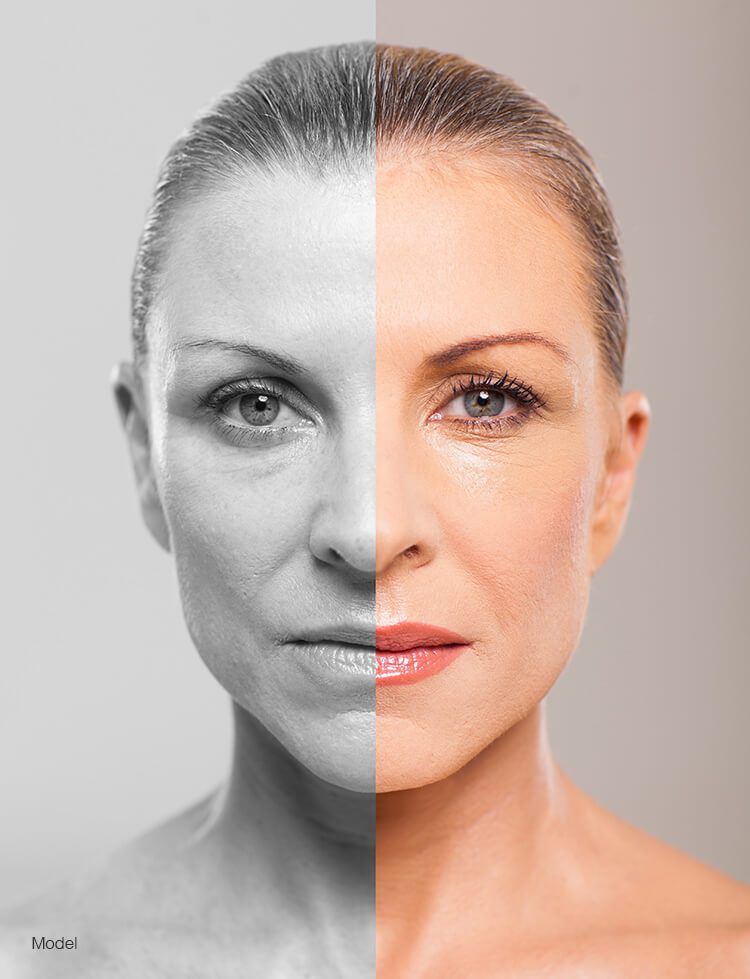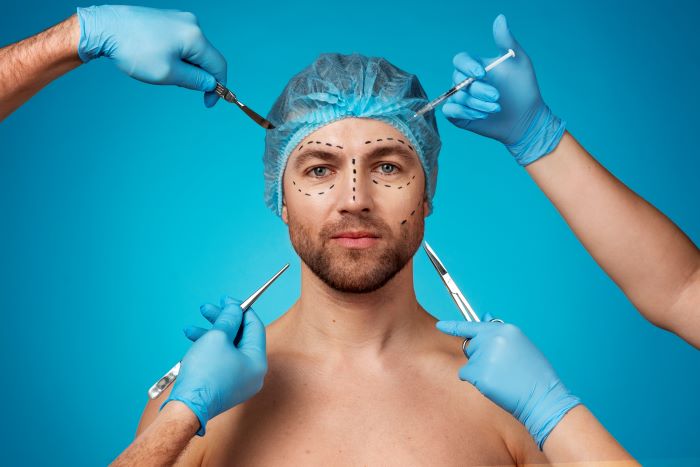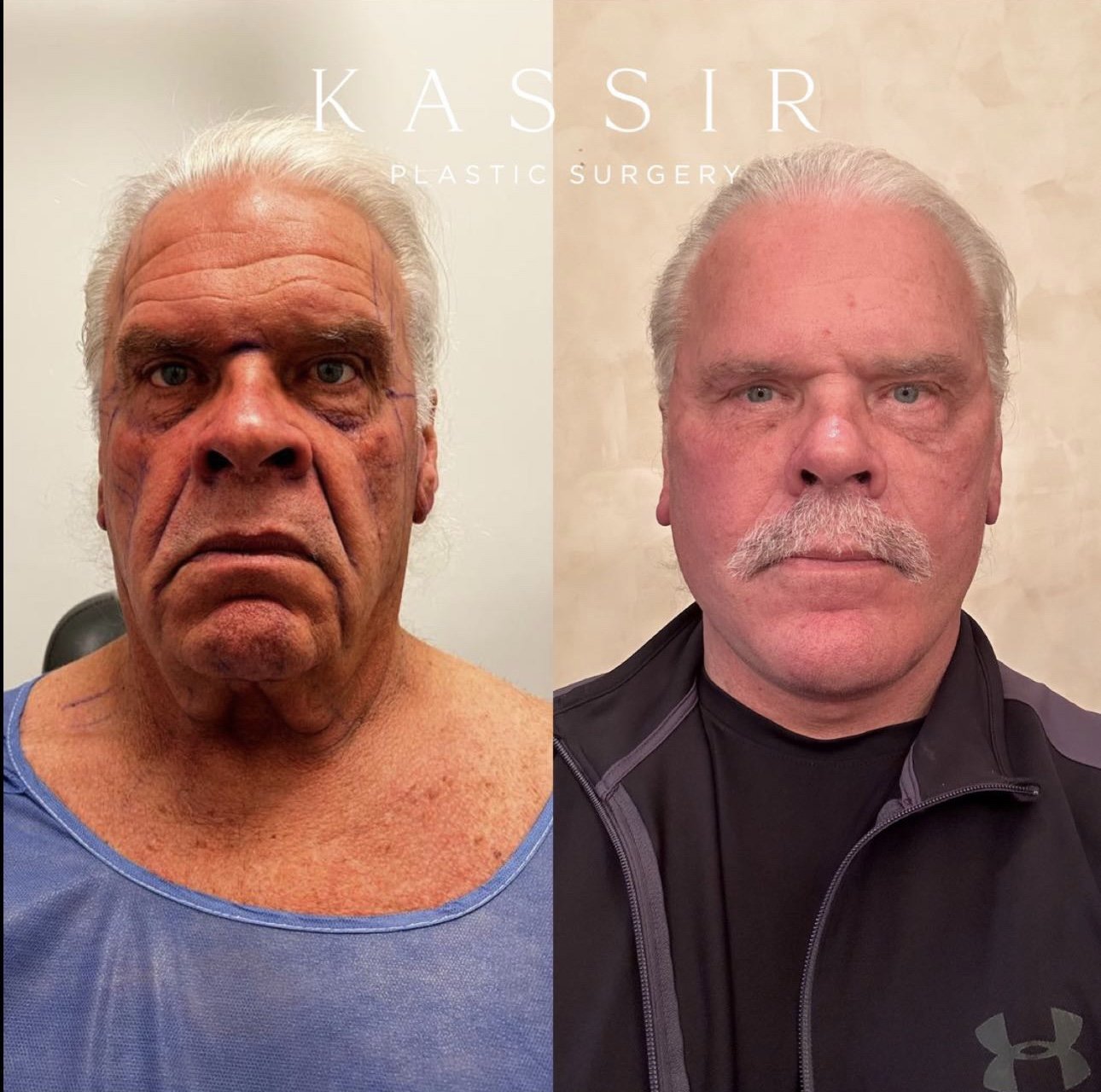Facelift Rancho Cucamonga: Smooth Wrinkles and Tighten Skin for a Youthful Look
Facelift Rancho Cucamonga: Smooth Wrinkles and Tighten Skin for a Youthful Look
Blog Article
Exploring the Emotional and Social Factors That Drive Individuals to Take Into Consideration Plastic Surgery as a Way of Enhancement
The choice to seek plastic surgery often expands past plain aesthetics, linking with psychological and social dynamics that merit extensive exam. Elements such as self-worth, pervasive societal beauty requirements, and the prevalent impact of social media sites merge to shape individual inspirations for surgical enhancement. As these impacts become significantly noticeable, understanding the underlying emotional and social contexts is necessary. What remains to be explored is the extensive effect these variables have not only on individuality however also on wider societal standards and worths bordering beauty and acceptance.
The Role of Self-confidence
Self-esteem considerably affects an individual's choice to seek plastic surgery. Individuals with low self-confidence usually regard themselves in an adverse light, bring about feelings of insufficiency concerning their physical appearance. This unfavorable self-perception can drive them to look for surgical treatments as a technique of enhancing their self-image. The wish for renovation in one's appearance is regularly linked to an idea that such modifications will boost their general self-worth and confidence.

Eventually, the function of self-esteem in the decision-making process relating to plastic surgery highlights the complicated interplay in between body photo, personal contentment, and mental wellness. Recognizing this connection is crucial for health care professionals to guarantee that patients are making informed choices rooted in reasonable expectations and emotional well-being.
Societal Beauty Requirements
Influenced by pervasive media portrayals and social narratives, societal appeal standards play an essential role in forming people' perceptions of their own bodies. These criteria are typically defined by an idealized form of charm that stresses attributes such as slimness, youthfulness, and symmetry. As these perfects are bolstered through various networks, including television, advertising and marketing, and film, individuals often internalize these messages, bring about dissatisfaction with their natural appearance.
The ramifications of these social norms prolong beyond visual choices; they can impact self-esteem, psychological wellness, and social relationships. People who regard themselves as disappointing these criteria may experience feelings of insufficiency, motivating a need for plastic surgery as a way of achieving societal authorization. This quest is commonly fueled by the idea that adapting these ideals will improve not just physical look but additionally social standing and personal gratification.

Impact of Social Media
The effect of societal elegance requirements is further intensified by the surge of social networks platforms, where curated pictures and idealized representations of beauty are common. Customers are constantly subjected the original source to filteringed system and edited photos, which usually depict unattainable physical features. This exposure grows a society of contrast, leading individuals to assess their very own look versus these typically unrealistic criteria.
Social network influencers and celebrities regularly promote cosmetic treatments, normalizing the notion that surgical improvements are a sensible methods for accomplishing societal ideals (plastic surgery rancho cucamonga). The exposure of these enhancements can produce an assumption that undertaking plastic surgery is a typical method, thereby influencing individuals to think about similar interventions as a pathway to enhanced self-esteem and social approval
Furthermore, the interactive nature of social media permits immediate feedback with likes and comments, further enhancing the desire to adjust to prominent elegance requirements. Such interactions can aggravate sensations of inadequacy and drive individuals towards plastic surgery as a way of gaining validation. Inevitably, social networks plays a pivotal duty in shaping assumptions of appeal, which considerably influences the decision-making processes surrounding cosmetic surgical procedure.

Cultural Perspectives on Look
Across numerous cultures, understandings of look are deeply rooted in historical, social, and financial contexts, shaping individuals' views on charm and value. In numerous cultures, appearance works as a substantial marker of identity, influencing social status, specialist opportunities, and individual connections. For instance, in some cultures, light skin is often related to riches and opportunity, while others may idealize darker skin tones as icons of strength and credibility.
In addition, traditional appeal criteria are typically perpetuated with social narratives, media representations, and household influences, leading to differing perfects across different areas (plastic surgery rancho cucamonga). In Western societies, the focus on youth and physical conditioning commonly drives people toward cosmetic improvement, while in particular Eastern cultures, even more subtle changes lined up with standard visual appeals might be favored
Globalization and the proliferation of electronic media have even more made complex these dynamics, developing a hybridization of elegance suitables that goes beyond geographical boundaries. Full Report As individuals significantly navigate these cultural stories, the stress to adapt certain look criteria can bring about the need for cosmetic surgical procedure, reflecting a complex interaction of social worths and individual goals. Recognizing these social viewpoints is essential in addressing the motivations behind cosmetic surgical procedure considerations.
Emotional Impacts of Plastic Surgery
Many people seeking cosmetic surgical procedure record experiencing profound mental influences that can significantly alter their self-perception and psychological well-being - plastic surgery rancho cucamonga. The need for physical improvement commonly comes from underlying problems such as low self-confidence, body dysmorphic disorder, or societal stress pertaining to elegance standards. For some, the prompt post-operative stage can lead to a short-term increase in self-confidence and fulfillment with their look, cultivating a sense of empowerment
However, these positive sensations may not be withstanding. Research suggests that while some people experience improved self-worth, others may encounter increased stress and anxiety or clinical depression if their expectations are not fulfilled. This inconsistency can develop from unrealistic ideals continued by media depiction and social narratives bordering charm.
Moreover, the psychological implications of plastic surgery extend past the person. Relationships with friends and family might be stressed as social dynamics shift, bring about feelings of seclusion or alienation. Eventually, the mental effects of cosmetic surgery are complicated and diverse, requiring cautious factor to consider by both prospective individuals and doctor to ensure educated decision-making and reasonable expectations.
Final Thought
To conclude, the choice to seek plastic surgery is substantially influenced by a mix of self-worth problems, societal beauty requirements, and cultural perspectives on appearance. The prevalent reach of social media sites further intensifies these pressures, advertising impractical ideals that individuals usually strive to achieve. Recognizing these psychological and social factors is necessary for addressing the motivations behind plastic surgery, highlighting the requirement for an extra nuanced discussion bordering beauty and self-acceptance in contemporary culture.
The choice to pursue cosmetic surgery frequently expands beyond mere appearances, intertwining with psychological and social dynamics that warrant detailed assessment. Inevitably, social media plays a critical role in shaping perceptions of beauty, which dramatically influences the decision-making procedures surrounding cosmetic surgical procedure.
As individuals progressively browse these cultural narratives, the stress to adapt to particular appearance standards can lead to the need for cosmetic surgery, showing a complicated interplay of individual ambitions and social values.In YOURURL.com conclusion, the choice to pursue cosmetic surgical treatment is substantially affected by a mix of self-worth concerns, societal charm requirements, and social point of views on look. Recognizing these social and emotional aspects is important for addressing the inspirations behind cosmetic surgical treatment, highlighting the requirement for a more nuanced conversation surrounding charm and self-acceptance in contemporary culture.
Report this page